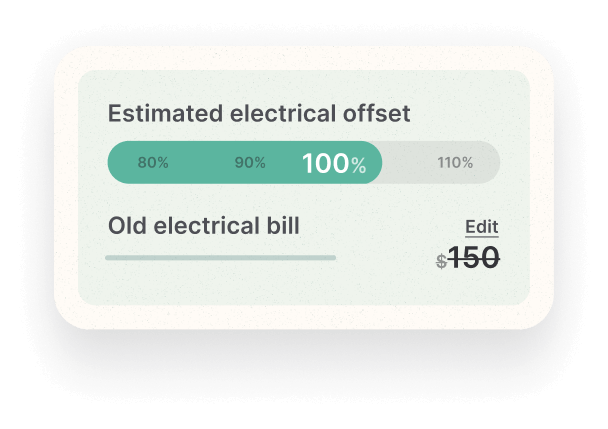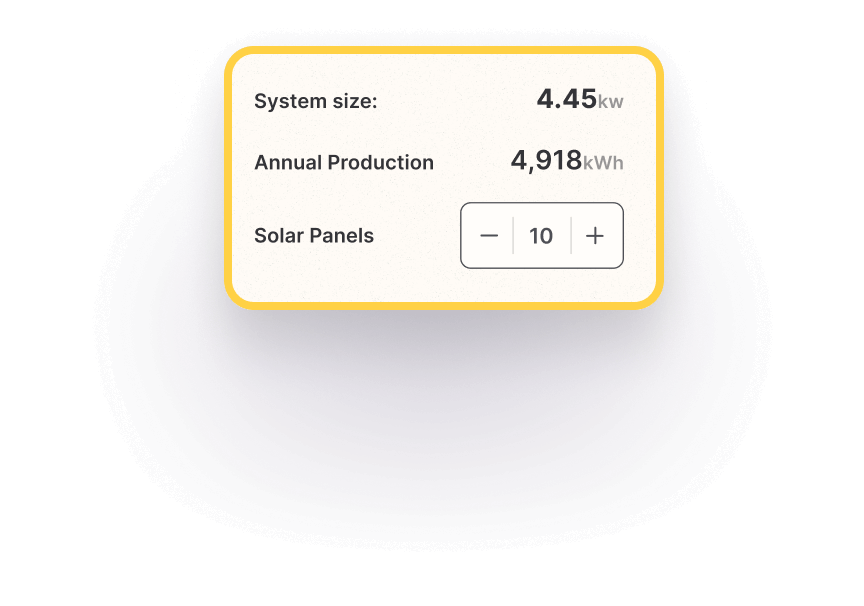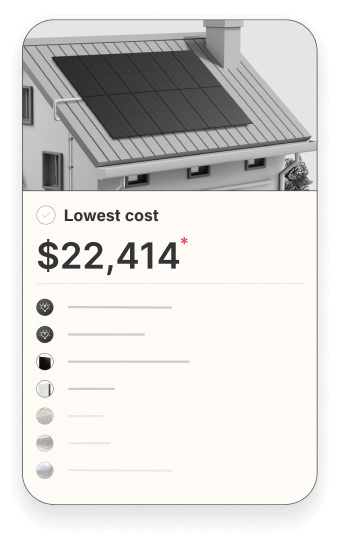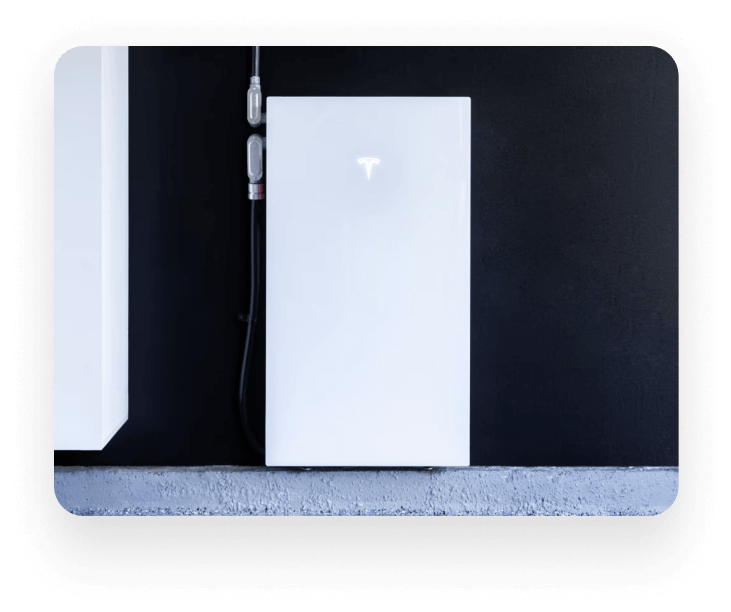Energy independence has been a buzzword in politics and the solar industry for years. You’ve likely heard about the importance of the United States becoming an energy-independent country, but it’s crucial to understand that energy independence can mean different things.
There’s national energy independence, and then there’s the personal kind as a homeowner. These are two very different concepts, and when politicians talk about the need for energy independence, they’re almost always doing so on a larger, national scale.
So, what exactly are these types of energy independence, why do they matter, and how can homeowners achieve it personally? Let’s explore these questions and discuss some of the main advantages and disadvantages of achieving energy independence.
What is energy independence?
At its core, energy independence means that a household or any entity generates its own energy, reducing or even eliminating reliance on traditional power grids. However, there are differences between what that means on a national and personal level.
National energy independence
Energy independence can be understood in two main ways on a national scale:
Being a net exporter: This refers to a country’s ability to produce more energy, like coal, natural gas, and petroleum products, than it consumes. In turn, that country becomes a net exporter rather than a net importer of energy resources. The U.S. achieved this type of energy independence in 2019, as it produced more energy than it consumed for the first time since 1957.
Self-sufficiency in energy production: This involves a country’s capacity to meet its energy needs through domestic production without relying on imports from foreign sources. This level of independence requires refraining from participation in the global energy market and solely relying on domestically sourced energy. Since the U.S. still relies on imports of crude oils to fuel the economy, it hasn’t achieved this type of energy independence.

Personal energy independence
Also referred to as off-grid energy independence, this refers to individual homeowners adopting a self-sufficient approach to energy usage. That is, meeting energy requirements without relying on the electricity grid. In the U.S., this is predominantly accomplished through utilizing solar power.
While transitioning to renewable energy can be a costly initial investment, the long-term payoff and many benefits of going solar are worth it. Once the solar payback period is completed, the savings accrued from reduced electricity bills directly enhance financial well-being. Adopting solar power not only benefits individuals but also contributes to the global shift toward renewable energy sources.
Why is energy independence important?
On a national scale, energy independence is crucial as it can diminish reliance on foreign energy sources, which fosters economic stability and growth within a country. It also serves as an important buffer against global fluctuations in the energy market.
Energy independence carries equal weight on a personal level, too. Becoming energy independent reduces your dependence on external energy sources, which can liberate you from increasingly high electric bills, potential service disruptions, and the uncertainties of market fluctuations.
Energy independence and climate change
A significant portion of electricity consumed in the U.S. still relies on burning coal and other fossil fuels. Electricity generation alone accounts for 30.5% of CO2 emissions in the U.S., while fossil fuels are responsible for over 75% of global greenhouse gas emissions and nearly 90% of all CO2 emissions. Achieving the goal of net-zero greenhouse gas emissions on a global scale requires urgent action, like transitioning to renewable power sources.
Universally, many utilities are making the shift toward renewable power for electricity generation, but the U.S. needs to achieve a 40% reduction in greenhouse gas emissions by 2030. According to the International Energy Association (IEA), “Solar is the star performer,” which we love to hear.
The reality of human-made climate change poses a massive threat to the planet. To combat this, many governments provide substantial incentives to encourage the transition from conventional grid-based electricity generation to dependable solar power alternatives. This is one of the most impactful actions you can take to combat the devastating effects of global warming.
Benefits of energy independence
Financial savings
One of the most tangible benefits of achieving energy independence is the potential to considerably reduce your utility bills. Traditional power sources continue to become more expensive, whereas the cost savings from generating your own power can be substantial over time. Imagine being able to save that money and use it for something you love, like a family vacation or a home renovation project.

Environmental conservation
Energy independence allows homeowners to harness renewable energy sources, like solar power. This shift not only helps to reduce your carbon footprint but also contributes to the fight against climate change. By becoming energy independent, you can play a major role in reducing the number of greenhouse gas emissions used.
Improved energy reliability
Another benefit of energy independence is the enhanced reliability of your power source. Traditional power grids are vulnerable to outages due to factors like extreme weather conditions or technical faults. By generating your own power, you become less susceptible to these disruptions, ensuring a more consistently stable energy supply.
How to become energy independent
Transitioning to solar power for your home electricity needs is the most practical pathway to achieve energy independence.
While obtaining solar panels typically involves an initial investment, the Investment Tax Credit (ITC), commonly known as the Solar Tax Credit, has played a significant role in making solar power more accessible to a broader portion of the population. It offers reimbursement for up to 30% of the total cost of residential solar installations. Additionally, depending on your location, various state and local incentives may further assist in offsetting expenses.
Some homeowners also choose to invest in energy storage systems, which store excess power generated for use during times when the renewable system isn’t producing energy, like at night.
Final thoughts
Energy independence represents an exciting and beneficial shift in how we consume energy. For homeowners, it offers a path to financial savings, environmental conservation, and improved energy reliability. With the right planning and commitment, achieving energy independence is not just possible, but also a smart and responsible choice for the future. Start your journey toward energy independence today and reap the rewards of a more sustainable and economical lifestyle.






















